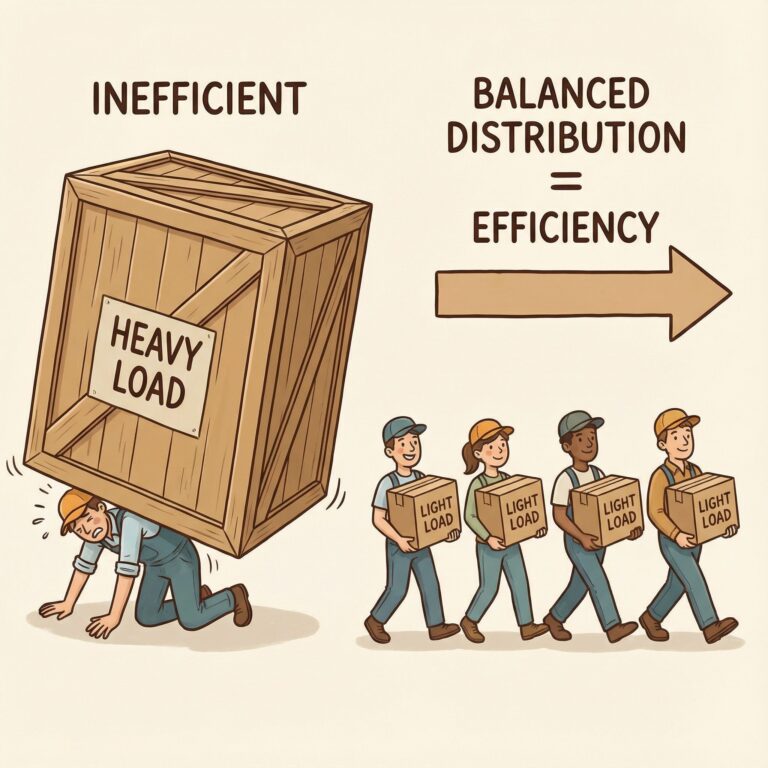Easy Ways to Know Poker: From The Pros
The Big Talk: Luck or Skill?
Pro poker is more about skill than just luck. Using statistics, it’s shown that math and smart choices lead to better results over time. Daniel Negreanu’s steady wins and big earnings demonstrate that understanding the game surpasses random luck. 먹튀검증커뮤니티 온카스터디
What About Suited Cards?
A common poker myth concerns suited cards. They slightly improve your hand, contributing only about 2-3% more wins. Many players overestimate them, causing poor decisions and financial losses in games and major matches.
Big Games Don’t Mean Big Skills
Higher stakes don’t necessarily equate to superior play. Pro players often see wealthy novices at $10,000 tables who don’t play as skillfully as regulars at $2/5 games. Managing money effectively and playing wisely are often not associated with poker.
Pros Making Mistakes?
Even top poker players make errors under stress. What differentiates them is their commitment to improvement. They utilize:
- Hand study tools
- Game data tracking
- Stat checking
- Strategy learning
Understanding these aspects makes casual play more professional, relying on strategic plans rather than mere guessing.
Is Poker Just Luck?
Truth About Poker: Skill vs. Luck
How Skill and Luck Mix in Poker
Some perceive poker as entirely luck-based – this view does not capture the complete picture.
While chance impacts short games, skills determine long-term profitability.
How Pro Players Keep Winning
Consistent wins by top players illustrate that success is not solely about luck. Great players like Daniel Negreanu and Phil Ivey prevail by:
- Smart guessing of numbers
- Studying players
- Playing the right spot
- Spotting patterns
Math Gives An Edge
Examining the numbers: Top hands start with a significant upper hand.
However, earning well requires good skills:
- Correctly placing bets
- Using table position
- Understanding other hands
- Taking calculated risks
A Winning Strategy
Good poker plans integrate various skills:
- Managing money
- Selecting the appropriate table
- Observing other players
- Determining expected values
These skills transform odds into consistent profits, demonstrating poker’s reliance on skill with a sprinkle of luck. The Best Casino Games to Play for Beginners
Best Time to Bluff With Bad Cards?
Smart Bluffing in Poker: When and How
How to Bluff Right
Smart bluffing extends beyond merely risking with weak cards.
New players often misinterpret the pros’ moves, leading to significant losses at the tables.
Effective bluffing considers numerous factors: seating position, game flow, opponent play style, and betting patterns.
Why Bluffs Work
Experienced players recognize when to bluff with weak hands.
Ideal times to bluff arise when game flow and player habits suggest a high likelihood of inducing folds.
Prime opportunities for bluffing often occur in semi-bluff situations where drawing hands can win by forcing folds or forming a strong hand.
A Sharp Bluff
Consider a scenario with a 7????in a 9-T????flop; this is perfect for a strong semi-bluff.
This hand type allows bold play due to the potential to form a straight and a flush.
The chance to construct good hands enables robust betting, distinct from bluffing with weak hands like a 7-2 offsuit.
What to Think About When Bluffing
- Your table position
- Chip depth
- Previous actions
- Perceived table image
- Hand potential
- Likelihood of inducing folds
Suited Cards: Do They Win More?
Suited Cards Facts: When They Help in Poker
How Suited Cards Help a Bit
Suited cards provide a minor boost in poker, increasing win probability by 2-3% over unsuited cards.
Although many consider suited cards exceptionally valuable, their actual benefit is negligible.
For instance, A-K suited win only 3% more than unsuited in one-on-one play.
Chances to Make a Flush
Suited cards’ value predominantly arises from flush opportunities. However, flush probabilities are limited:
- Flush on the flop: 0.8% probability
- Flush by the river: 35% probability
- Flush attempts: involve careful consideration of pot odds
What Matters More Than Suits
Position, hand strength, and betting strategy hold greater significance than suit matching in poker decisions. How VPNs Are Used in Online
Low suited cards like 8-4 remain unimpressive despite flush potential. Savvy players focus on:
- Selecting optimal starting hands
- Playing from advantageous positions
- Understanding flush odds
- Strategically sizing bets based on hand strength
Poker Strategy Beyond Just Cards
Succeeding in poker necessitates prioritizing foundational elements rather than chasing suited cards for their flush potential.
Effective players understand that victory results from:
- Judicious hand selection
- Position-based decision making
- Accurate odds assessment
- Intelligent betting
- Reading opponent tendencies
This comprehensive strategy yields more reliable outcomes than relying on favorable cards.
Pros Never Mess Up?
Even Pros Make Mistakes: Here’s Why
How Pros Still Make Errors
Pro players err more frequently than some assume.
Top players across sports and games commonly experience missteps.
Outstanding individuals distinguish themselves not by never failing, but by effectively addressing mistakes.
Making Decisions Under Pressure
Elite players face immense pressure during critical moments.
Consider poker star Daniel Negreanu, whose errors in significant games illustrate that even the best falter.
His well-known misjudgment against Phil Ivey exemplifies how stress can distort the most calculated plans.
Why Pros Are Different
Seeing and Learning From Errors
The resilience of pros lies in their dedication to improvement:
- Thoroughly analyzing their performance
- Reviewing past games
- Utilizing top-tier tools
- Seeking consultation from others
- Adapting strategies based on insights
Always Getting Better
High achievers maintain their lead by:
- Critically evaluating their play
- Sharpening their skills
- Preparing mentally for games
- Adapting as needed
- Tracking their performance
Learning From Slips
The hallmark of true experts involves:
- Quickly recognizing errors
- Promptly addressing issues
- Effectively utilizing lessons learned
- Consistently striving for improvement
- Identifying optimal performance strategies
These proactive approaches transform setbacks into learning opportunities, fostering continuous growth and mastery.
Do Bigger Games Mean Better Players?
Big Games, Better Skills? Not Really
True Talk on Big Poker Games
The common belief that high-stakes poker equates to superior players requires scrutiny.
While many associate large sums with exceptional skill, the poker world reveals a complex reality.
Affluent casual players often participate in high-stakes tables, bringing wealth but lacking substantial expertise.
Seeing the Real Picture Across Different Games
High-stakes environments reveal an interesting dichotomy.
$10,000 games frequently feature successful business individuals who play significantly weaker than pros at smaller $2/5 games. The Rise of Online Sports Betting in 2025
These wealthy casual players may lack strategic understanding but remain in the game with their financial resources rather than genuine poker skills.
What Really Matters: Stakes vs. Managing Money
The true correlation lies not between stakes and skill, but between stakes and financial management.
Lower-stake games typically involve more cautious players who monitor their expenditure meticulously.
In contrast, high-stake games attract:
- Prepared pros with solid strategies
- Wealthy beginners who risk substantial losses
- Affluent individuals with financial freedom
Picking the Right Table
Astute table selection considers more than just the stakes.
Rather than equating high stakes with challenging players, successful players:
- Observe opponents’ behavior
- Analyse betting styles and decision processes
- Evaluate skills independent of financial context
- Identify optimal playing environments across all stakes
This holistic table selection approach enhances win rates, irrespective of stakes.

